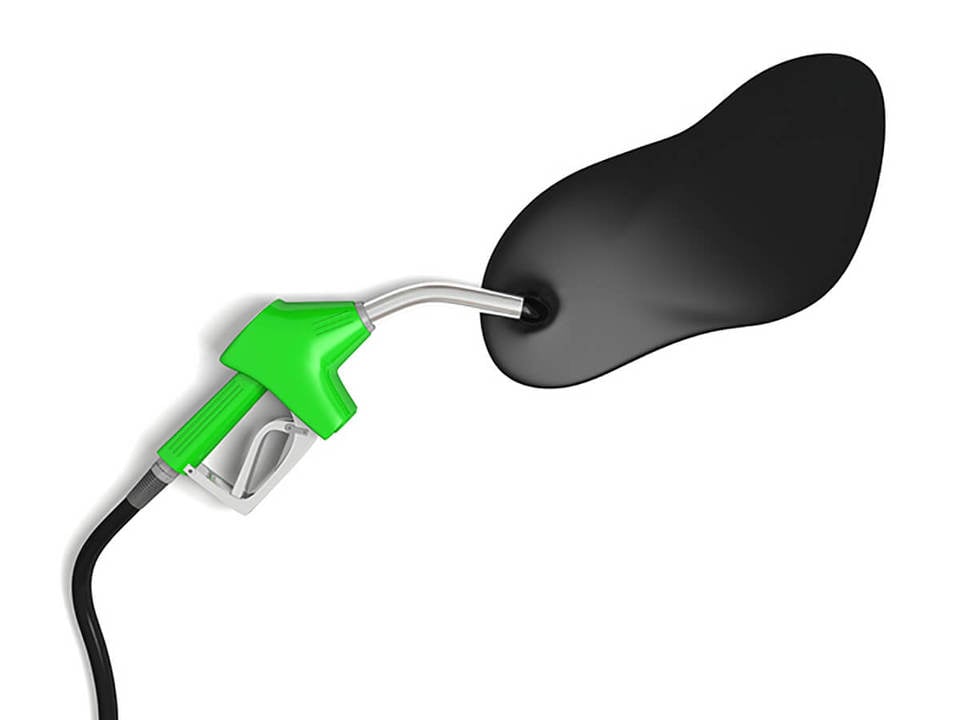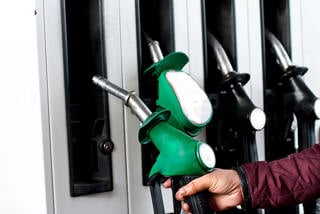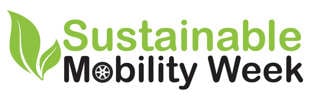The Government is being urged to cut VAT or fuel duty to tackle rising diesel and petrol prices, with new record highs being set on a daily basis.
The Chancellor announced a 5p per litre (ppl) cut in fuel duty in the Spring Statement in March, in an effort to counter price hikes at the pumps.
However, the RAC says that cut looks “paltry” now, after the price of petrol has increased by five-times that amount since the cut was first introduced.
The average petrol price hit 182.31ppl yesterday (Wednesday, June 8), while diesel reached 188.05ppl.
Many fleets, however, will have been seeing much higher prices at forecourts as the likelihood of both fuels hitting £2 per litre, sooner rather than later, grows.
Analysts at the start of the war in Ukraine warned that diesel could hit £3 per litre and petrol £2.40.
RAC fuel spokesperson Simon Williams said: “With average prices so high – 182.31p for a litre of unleaded and 188.05p for diesel – there’s almost certainly going to be upward inflationary pressure which is bad news for everybody.
“With RAC research showing as many as eight-in-10 depend on their cars many must be wondering if any further financial support from the Government will be forthcoming.
“March’s 5p fuel duty cut now looks paltry as wholesale petrol costs have already increased by five-times that amount since the Spring Statement (25p).
“A further duty cut or a temporary reduction in VAT would go a long way towards helping drivers, especially those on lower incomes who have no choice other than to drive.”
Williams added that it was important to remember that the Government is benefitting from the high fuel prices by taking around 30p in VAT from every litre sold.
This compares to just 25p before Russia invaded Ukraine. On top of this the Government is still collecting 53p fuel duty from every litre.
He continued: “Other price records were also unfortunately set on Wednesday as the average of a litre of unleaded at a supermarket jumped 2.5p to 175.91p while diesel increased by nearly 2p to 184.13p.
“As we expected, other supermarkets raised their prices yesterday in line with the increases made by Asda.”
The AA, meanwhile, has called on the Government to cut fuel duty by 10ppl immediately and introduce a fuel price stabiliser.
A stabiliser would work, it says, by reducing fuel duty when prices go up and increasing it when prices drop, giving more certainty to drivers and businesses.
Alongside this, the AA wants the Government to introduce a national fuel price checker to stop the post-code lottery when it comes to fuel prices.
Such a system works well in Northern Ireland, according to the AA, where on average both petrol and diesel 6p per litre cheaper than in the rest of the UK.
The Consumer Council in Northern Ireland said yesterday (Wednesday, June 8) that views of its online checker have gone up 526% this year compared to last year.
Edmund King, AA president, said: “Enough is enough. The Government must act urgently to reduce the record fuel prices which are crippling the lives of those on lower incomes, rural areas and businesses.
“A fuel price stabiliser is a fair means for the Treasury to help regulate the pump price but alongside this they need to bring in more fuel price transparency to stop the daily rip-offs at the pumps.
"The £100 tank is not sustainable with the general cost of living crisis so the underlying issues need to be addressed urgently.”
The Government has indicated it is looking at the AA’s call for the type of pump price transparency that has helped drivers in Northern Ireland, and has been long established in many European countries.
Fleet News has teamed up with Allstar to bring you the fuel prices locator, enabling you to compare fuel prices and find the cheapest petrol or diesel in your area.
Even one penny per litre can make all the difference when filling up your fleet vehicles, potentially saving your company thousands of pounds a year.
Average pence per litre and per gallon petrol and diesel fuel prices in the UK regions includes England, Scotland, Wales and Northern Ireland. To access the latest fuel prices, click here.






















Login to comment
Comments
No comments have been made yet.